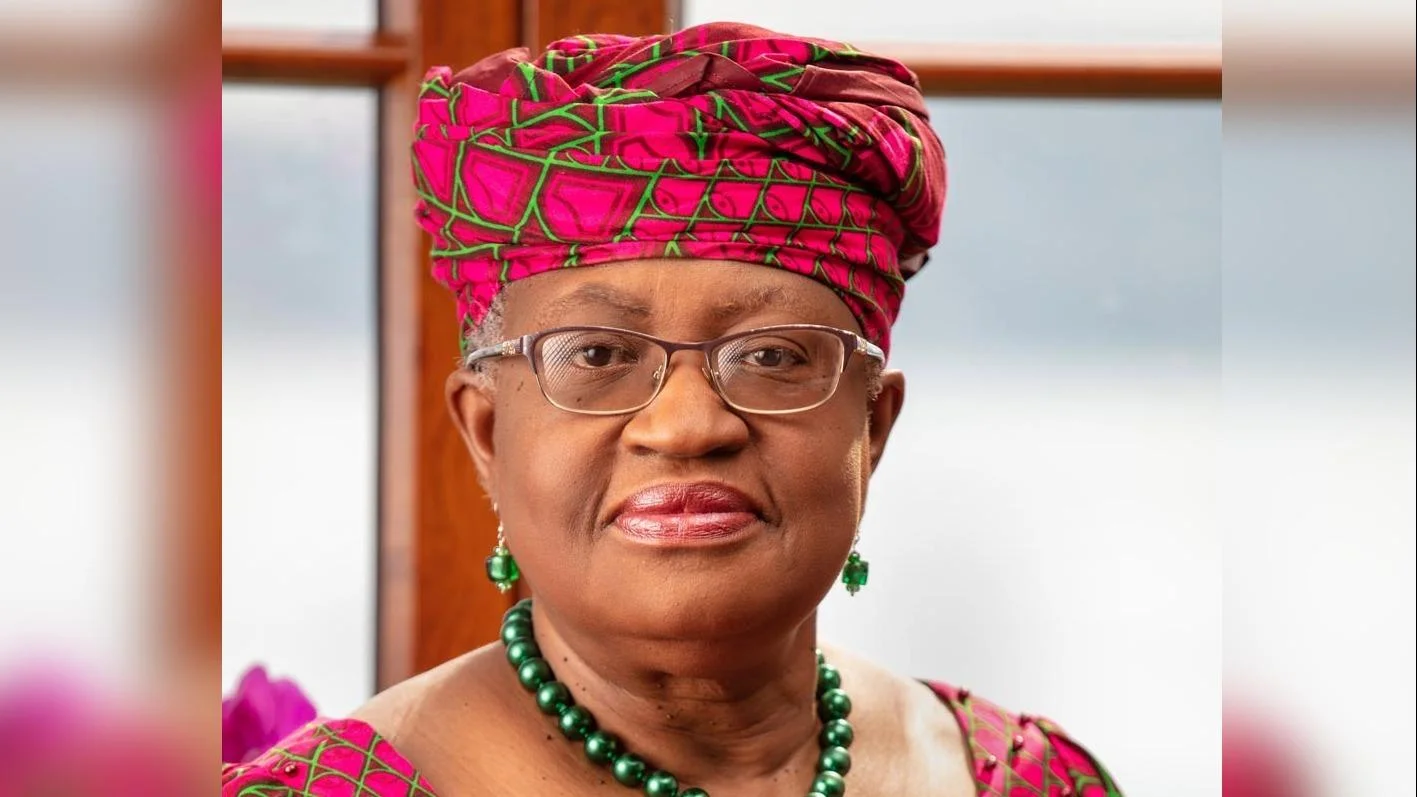A recent webinar highlighted the increasing adoption of technologies such as electronic data interchange, blockchain, artificial intelligence, and big data analytics by customs authorities. Suja Rishikesh Mavroidis, Director of the WTO's Market Access Division, moderated the event and stressed the importance of understanding the practical applications of these technologies to assess their effectiveness.
The panel featured expert speakers from around the world who provided insights into the current use and future potential of digital technologies in customs operations. They also discussed challenges in implementing these technologies. More than 465 participants from over 120 WTO members attended the webinar online.
Brightwell Nkambule, Commissioner General of the Eswatini Revenue Service, spoke about a project focused on automating data exchanges between traders and customs. This initiative aims to streamline trade processes and ensure efficient resource use in the region, benefiting both traders and border agencies.
Wai Yee Choo, Director of the Networked Trade Platform (NTP) Office in Singapore, introduced the NTP—a global network designed to enable efficient goods and services flow through secure data exchange. The platform aims to create value for stakeholders by improving efficiency, reducing risks, and ensuring smooth goods flow. It focuses on streamlining domestic interactions, facilitating seamless government-to-government digital connectivity, and developing trusted government data services.
Eng. Khalid Hasan Ali Al Marzooqi, Director of Development and Strategic Planning at Abu Dhabi Customs, emphasized adopting new technologies and maintaining a forward-looking approach to continuously improve customs operations and efficiency. He highlighted integrating artificial intelligence and blockchain into their operations as part of a strategic plan focusing on trade facilitation, revenue management, customs security, and digital transformation.
Nino Jincharadze, Head of Project Management and Development at the IT Center of the Georgian Revenue Service, discussed using AI and robotics in automating customs processes. She noted digitalization's positive impact on various customs indicators and emphasized selecting appropriate technology tailored to specific needs.
Norbert Kouwenhoven, Special Advisor on Strategy and Innovation at the Customs Administration of the Netherlands, emphasized AI's role in enhancing customs operations by detecting suspicious shipments. He underscored continuously improving AI capabilities while ensuring high data quality and fostering collaboration with various entities for better training data. Kouwenhoven also addressed challenges associated with technology implementation including political considerations, legal issues, and maintaining a human touch in processes.
As customs authorities worldwide adopt digital technologies to enhance trade efficiency, security, and inclusivity, they aim to pave the way for a more connected global trade environment.
Full details about this webinar are available here. Previous webinars in this series have focused on COVID-19's impact on trading goods digitally and using digital technologies to improve supply chain procedures.

